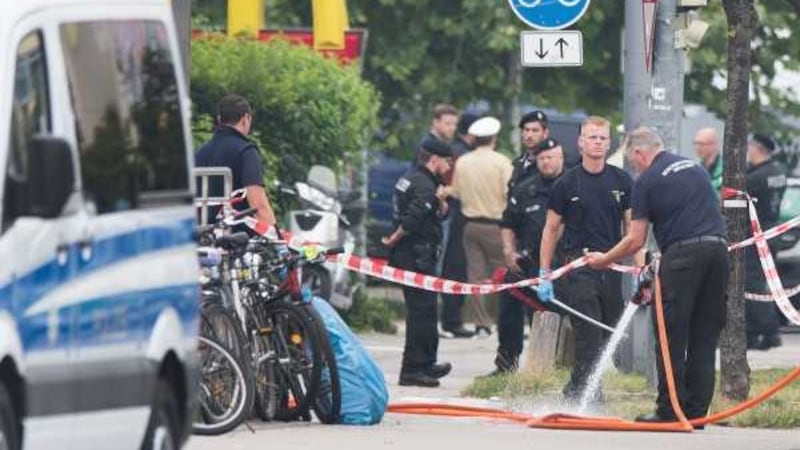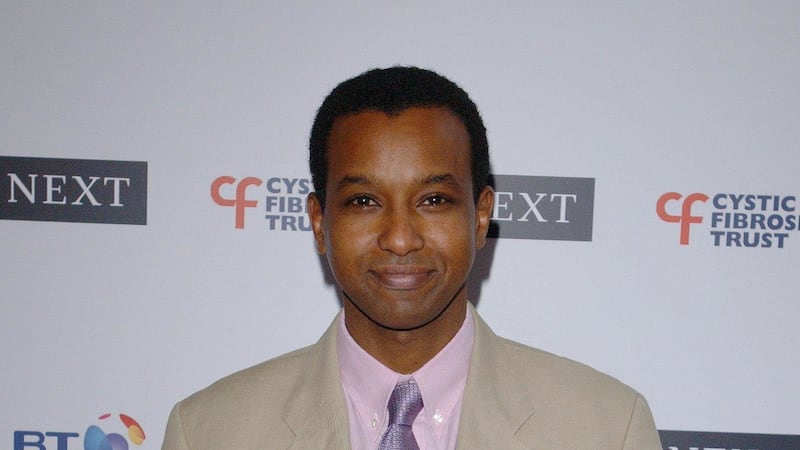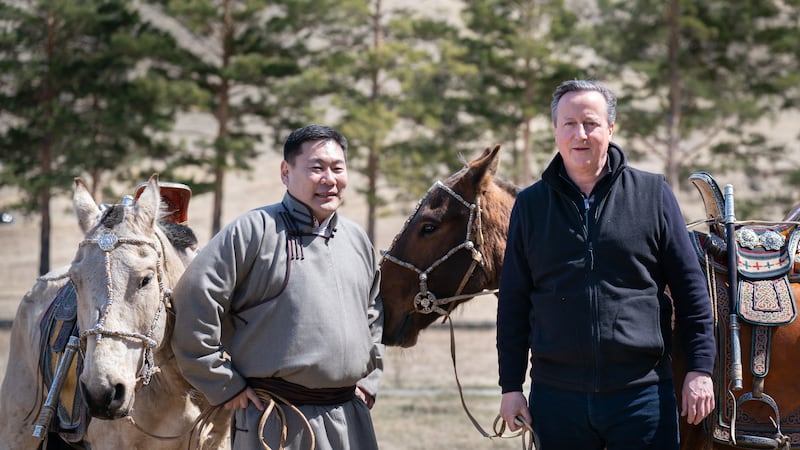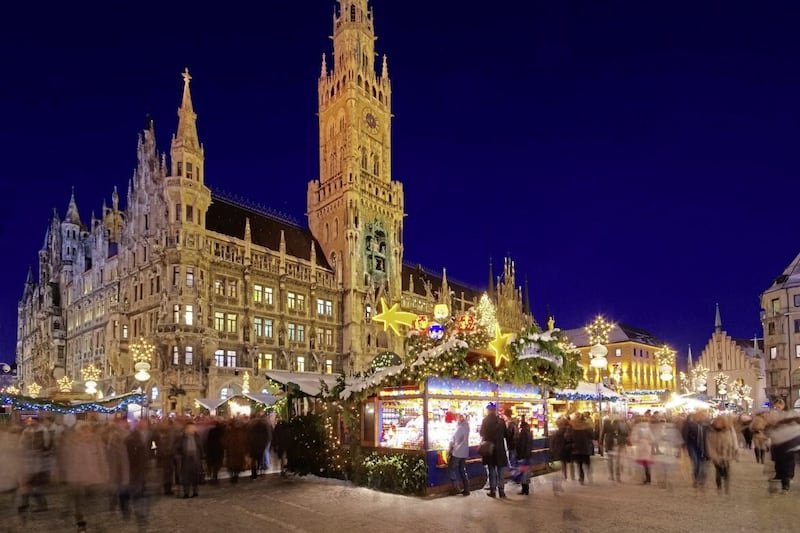A GERMAN police spokesman has said there is no evidence a gunman who murdered nine people and injured 27 others including children at a Munich shopping centre had links to Islamic State.
The 18-year-old German-Iranian, who has not been named, is thought to have lived in the city for more than two years before opening fire on shoppers at the Einkaufszentrum shopping centre in the south German city on Friday evening.
Any motive behind the attack remains "totally unclear" and police said investigations will be "running on all cylinders" though the night.
Police believe the suspect had acted alone before killing himself and said early reports that there were up to three gunmen were discounted.
The nine victims killed in the massacre included adolescents, while there are children among the 16 people injured. Police said three of the injured people are in a critical condition.
At a press conference in the early hours of Saturday morning Hubertus Andrae, Munich's police president, said the attack "makes us speechless and our thoughts go out in particular to the victims".
"As a result of the manhunt with a large-scale operation force we have found a male person, who given the current level of intelligence committed suicide," Mr Andrae said.
"On the basis of witness reports and on the basis of CCTV footage we assume that this person is the suspect.
"We currently have no indications that there were further perpetrators involved. The suspect is, according to the current level of intelligence, an 18-year-old Iranian from Munich."
Mr Andrea said inquiries suggested the suspect had lived in the city for more than two years and is not thought to have been known to law enforcement agencies.
"As to the background or motive of the offence it's totally unclear. The investigations will be running on all cylinders through the night," Mr Andrae said.
There were reports of people barricading themselves in shops in the shopping centre as the attack unfolded and Munich was put into lockdown.
People out on the streets were urged to run and find refuge, public transport was shut down and motorists were told to clear the city's roads and motorways to give clear passage for the emergency services.
Locals offered their homes as safe havens using the hashtag #OffeneTur - or #OpenDoor and invited people left stranded by the emergency response to stay.
#offenetür #opendoor near Romanplatz, dm me for details
— mesi (@emesebalatoni) July 22, 2016
Around 2,300 police officers were deployed on the city's streets and specialist counter-terror units were flown in. Police forces in neighbouring Austria and Switzerland also sent officers to assist.
Munich police eventually gave a "cautious" all-clear at around 1:30am local time.
Mr Andrae said there was no evidence to give fear of further attacks, but warned the threat remained present.
He said: "At the moment we have no intelligence that this brutal and violent act should give rise to a feeling of insecurity. But one should add, and this is not a new insight, there is no such thing as absolute safety and security, but we have no further indication that there is reason to feel insecure or unsafe or to hide away."








